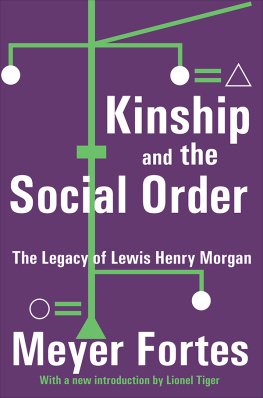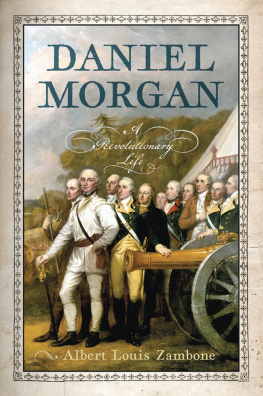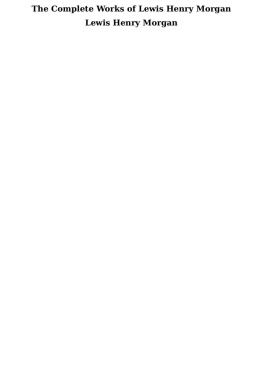IT IS PLAUSIBLE THAT IT IS IN ANTHROPOLOGY THAT THE INFLUENCE OF GREAT BRITAIN HAS been firmer than in any other of the social sciences. There is something sultry and colorful, like campfire flames at dusk, in the turbulence, pronouncements, and machinations of the robust cast of characters who created and sustained British social anthropology. It was surely more concentrated and self-conscious than branches of the discipline either in America or the rest of Europe. The decennial meeting of the Association of Social Anthropology in Cambridge was described as a gathering of the British Empire and the University of Chicago, and this probably described, if drastically, the state of academic play at the time.
However, it was not necessarily British hubris and style that animated this. There was, after all, the real if unwanted association of anthropology with Empire. An integral feature of the British immersion in the colonial world was that there were dozens of relatively tame environments populated by exotic people with unexpected habits and certainties. Such relatively controlled jurisdictions interested ethnographers and provided technicolor settings for the vital acts of ethnographic initiation that became part of the obligate routine for professional anthropologists. Studying the Londoners of the East End was of only modest significance whereas the East End of Bihar or Andra Pradesh was a first rate choice of subject matter. It tested the initiates skills with language, eating odd foods, and skillful sympathy for taking part in the groups lifeusually for a year, which was the desirable span for obvious ecological reasons.
But there was also the more complex if controversial result that the information these ethnographers gathered could be employed by the Colonial Service to maintain power just as Ruth Benedict was enlisted by the U.S. government to provide insight into dealing with Japanese. Knowledge was thought to rockit helped to know what was really going on. And the story continued well into the 1970s, especially when some American anthropological scholars were charged with assisting the U.S. cause in the Viet Nam war, or more recently when several anthropologists were formally censured for allegedly supporting mining and logging interests among Indians of Venezuela and Brazila censure withdrawn later with equal formality by the professional group of American anthropologists.
In contrast, such information could be used by activists as a tool to lever open the oftenscabrous world of colonial rule until the British Labour Government effectively dissolved the system after World War II. Nonetheless, the independent work of scholars had always to find or be assigned a place in the larger pattern of intertribal interaction broadly called colonialism.
This convoluted and layered background lends special interest to the book you are holding, which is by one of the central and potent figures of British social anthropology, Meyer Fortes. It is an appreciation and analysis of an American figure he called The Founding Father, in part because he was a quintessentially American scholar as well as activist in social life. Lewis Henry Morgan was rather explicitly committed to establishing laws of human development and action that should ultimately underlie a progressive political program. In fact, early Marx and Engels supped at his intellectual table because of his emphasis on the group significance of property and the overriding significance of marriage as an engine of social integration. This anti-abetted his public relations in America; Marxist endorsements could scarcely improve his acceptability, especially since nearly all observers would attend to the political implications of their favorable verdict and not their methodological commitmentlike Morgansto a view of history rooted in the actual behavior and work of people.
In a real sense, he followed Darwins commitment to understanding the linear order of evolution. He went so far as to assert that the human race is one in source, one in experienceand progress (and rather presciently) and by a common principle of intelligence. He also stood in contrast to Bronislaw Malinowskis perception of the sources of human orderwhat Fortes harshly describes as the discredited and repugnant hypothesis of primitive promiscuity and group marriage, the preposterous scheme of stages of social evolution, the dreary addiction of kinship terminologies as an end in itself. Tough words, but an alloy-product of all the intellectual wars that virtually forever roiled British anthropology. And surprisingly tough words from a man I was privileged to meet when I was a student at the London School of Economics and was, as many were, impressed with his courtliness, grace, and willingness to listen.
Morgan was deeply associated with the University of Rochester, and Fortes commentary on Morgan is an expanded version (really expanded, to over 300 pages) of the threelecture series given at that university in 1963. Fortes emphasizes that Morgan was central to the development of an understanding of the pivotal role of kinship and social organization in what was then considered (non-French) structural theory. Not only that, but arrestingly for the time, his discoveries were made by direct observation in the field. He brought the concept of falsification to the anthropological table, and went well beyond what was too often the elegance of solipsistic conjecture and the non-stop convulsions of theory-mongering.








